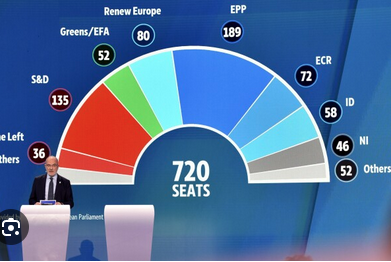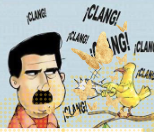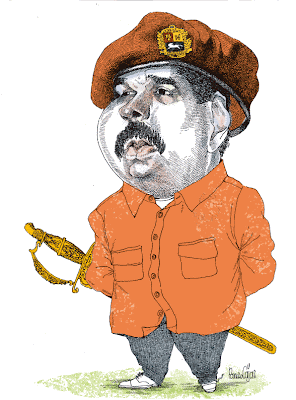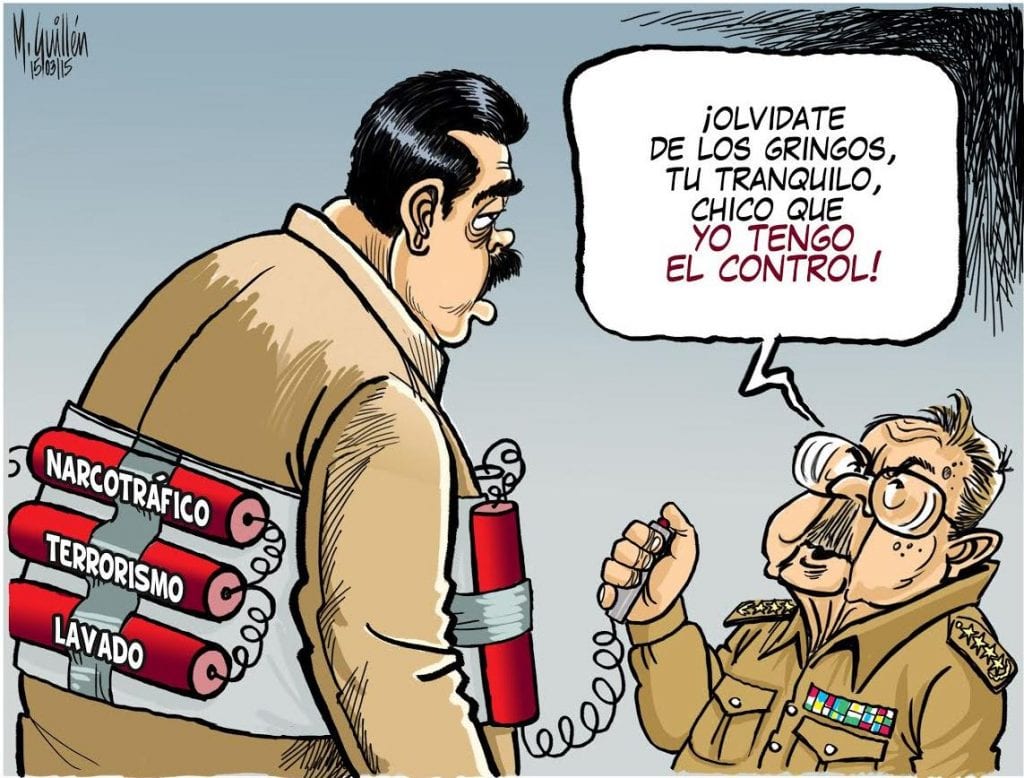
European Parliament elections 2024
Far-right parties made significant gains in the recent European Union parliamentary elections, challenging traditional powers and dealing a notable blow to French President Emmanuel Macron. The election saw a shift to the right within the 27-member bloc, with Italian Prime Minister Giorgia Meloni doubling her seats and Germany’s Alternative for Germany (AfD) party overcoming scandals to surpass the Social Democrats of Chancellor Olaf Scholz. Marine Le Pen’s National Rally party dominated the French polls, causing Macron to dissolve the national parliament and call for new elections. Le Pen’s party won over 30% of the vote, significantly outperforming Macron’s Renew party. In Germany, the AfD’s success brought them to 16.5% of the vote, marking a rise from 11% in 2019 and positioning them as the second strongest force in the nation. The vote was marked as a critical test for EU democracies, with significant shifts in political power across the bloc. The elections were the world’s second-largest democratic exercise, following India’s recent election. The French far-right National Rally party, led by Jordan Bardella, achieved a significant lead in the recent EU elections, as indicated by first projected results. Across the EU, the mainstream Christian Democrats and Socialists remained the dominant forces, but the rise of the far right came at the expense of the Greens and Macron’s Renew group. This shift suggests that the far right could play a major role in EU policies on migration, security, and climate. EU Commission President Ursula von der Leyen proposed forming a coalition with the Social Democrats and pro-business Liberals to counter this. The election outcomes showed the Christian Democrats gaining seats, while the Social Democrats and Renew group lost seats, and the Greens experienced a notable decline. Germany exemplified this trend, with the Christian Democrats dominating and the Greens falling significantly. The electoral shift to the right raises concerns about potential legislative gridlock in the EU. The EU elections, occurring amidst challenges like the pandemic, economic issues, and the Ukraine crisis, underscored a broader rightward shift in EU politics, with populist or far-right parties now leading or part of governments in several countries. Original Text by R. Casert, L. Cook , and S. Petrequin, publish in -> ABCnews





More Stories
Venezuela, elecciones entre pajaritos y mariposas
Maduro seeks to bolster military support ahead of next election
¿Qué hará Cuba el 28 de julio?